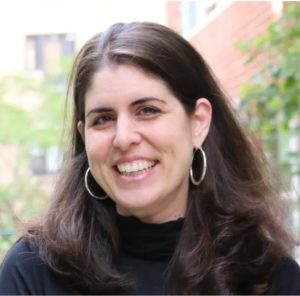
Prior to the start of the 2024-2025 school year, during an orientation week for faculty members, Head of School Ms. Andrea Kassar reminded Westridge teachers of their responsibilities as part of working at a non-profit educational institution. She urged them to refrain from being a proverbial “sage on the stage,” but rather serve as a “guide on the side” in the classroom. She said, “I encourage that idea of deeply listening, of asking questions, of encouraging, certainly agreement, but also healthy, respectful disagreement.” Kassar also clarified that, “students can, so long as they’re being respectful, support political candidates. This is more for employees.”
While engaging in political discourse isn’t new to the Westridge campus, its relevance is certainly heightened during an election year. Faculty and administration are required to avoid supporting or denouncing any political candidate, a practice commonly known as electioneering. According to the IRS, certified non-profit organizations, such as 501(c)(3) entities, including educational institutions like Westridge, cannot legally “participate in, or intervene in (including the publishing or distributing of statements), any political campaign on behalf of (or in opposition to) any candidate for public office.”
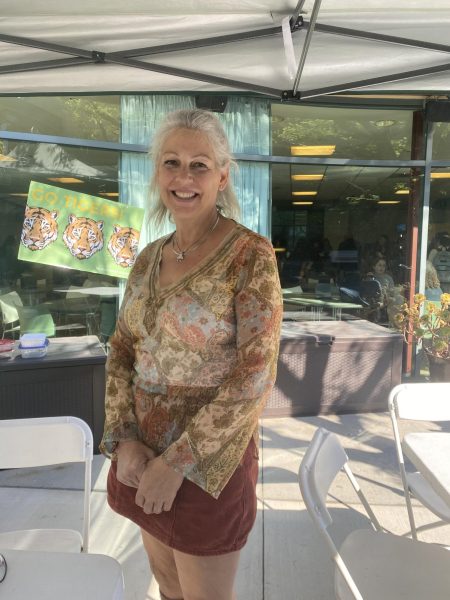
Translating this idea in the classroom can be complex; Westridge teachers are finding ways to discuss relevant political issues within the classroom, but in ways that center student voices rather than their own. Ms. Laura Hatchman, Upper School Science teacher and 12th Grade Class Dean said, “I think it’s a really important conversation to talk about the different policies at play. Let’s all be aware of different viewpoints, sensitive to everybody’s opinions, just be open and transparent about it.”
Similarly, Upper School Latin Teacher Dr. Hilary Malspeis said, “[Politics is] sometimes a difficult thing to separate that from your professional [mannerisms] at school.” Teachers are especially conscious of their student audience. Malspeis continued, “Most of us treat it as a discriminatory [act] if we intentionally ‘other’ our students because they might not believe the same things we do.”
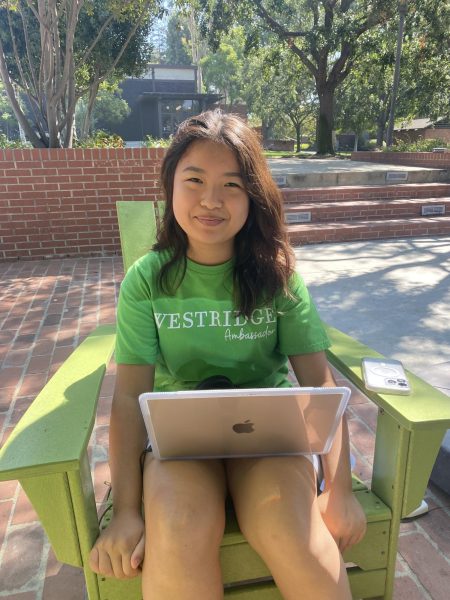
Olivia T. ‘26 noted that discussing politics “should happen in school,” but not within a classroom “because [she] think[s] there’s an imbalanced power dynamic where the teacher naturally has a lot of influence in the classroom.” Similarly, Dr. M shared her own experience as a teacher, “Teachers have power over students, and we don’t want our students to feel bad about disagreeing with teachers. At this point, if we’re trying to open you up and give you a voice, and you should be able to express [your feelings].”
Senior Cecilia P. added, “I know some teachers are definitely very openly democratic and they make it very obvious in the classroom. I think they shouldn’t be throwing too much shade at ‘the other side’ because you never know what other people’s set of opinions might be.”
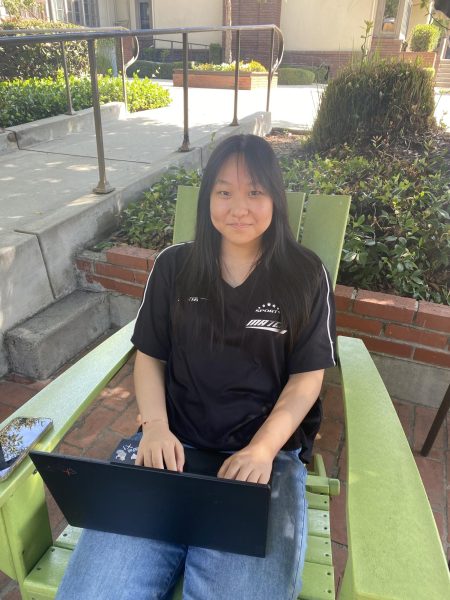
Despite reaching the consensus that teachers should maintain a professional presence within the classroom, some believe that as an all-girls institution, this election is especially important, and therefore should be talked about. Ms. Kassar added, “To have a woman running for president and a woman of color running for president is something all schools should be discussing. And at a girls’ school, it should be a topic of intense discussion.” Dr. M echoed her sentiment, concluding, “What I really believe should be the main issue for all of us here on this campus is that we have the potential for a female to be president for the first time. So I don’t want people on campus to lose that excitement and that part of the election that I think we should all be excited about.”




























![Dr. Zanita Kelly, Director of Lower and Middle School, pictured above, and the rest of Westridge Administration were instrumental to providing Westridge faculty and staff the support they needed after the Eaton fire. "[Teachers] are part of the community," said Dr. Kelly. "Just like our families and students."](https://westridgespyglass.org/wp-content/uploads/2025/03/dr.-kellyyy-1-e1748143600809.png)























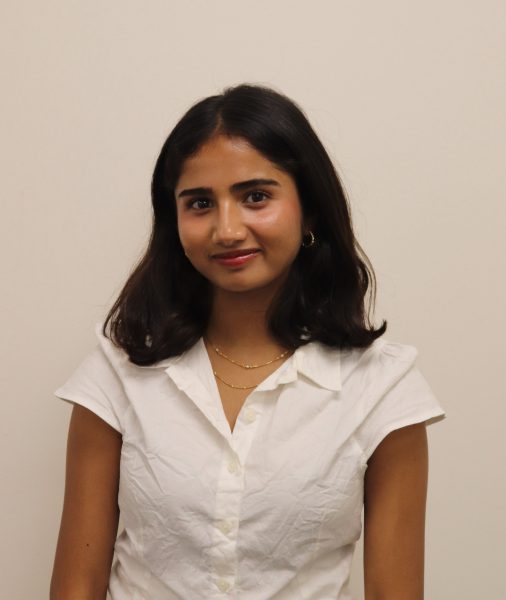
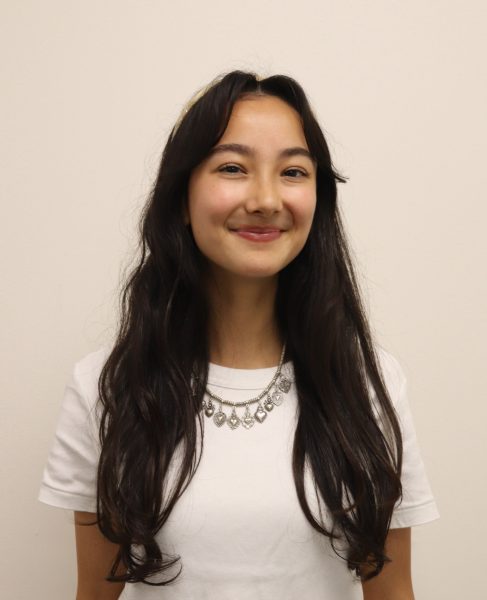
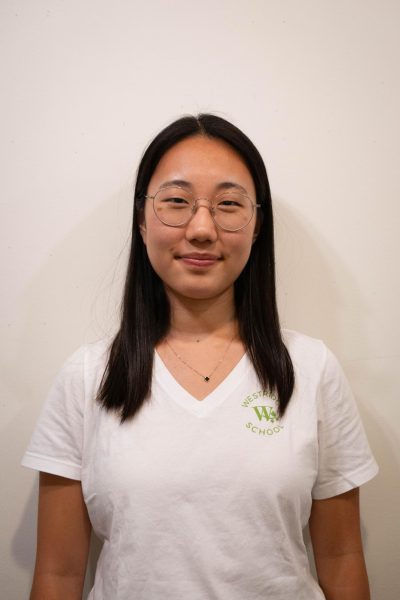
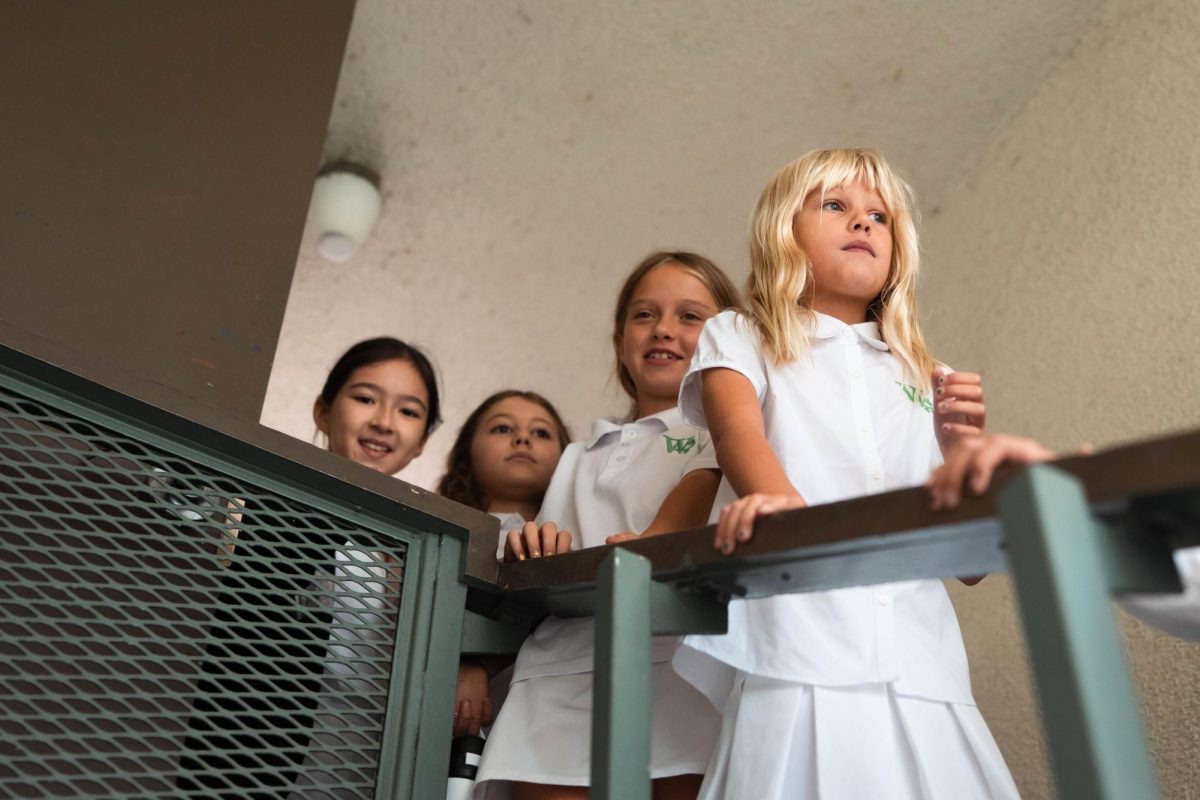
anon • Oct 7, 2024 at 9:15 am
such an important topic–thank you for shedding light on this topic in truly incredible prose, tanvi and mirella. every other journalist should strive to be as thoughtful in their investigative processes as you two are.